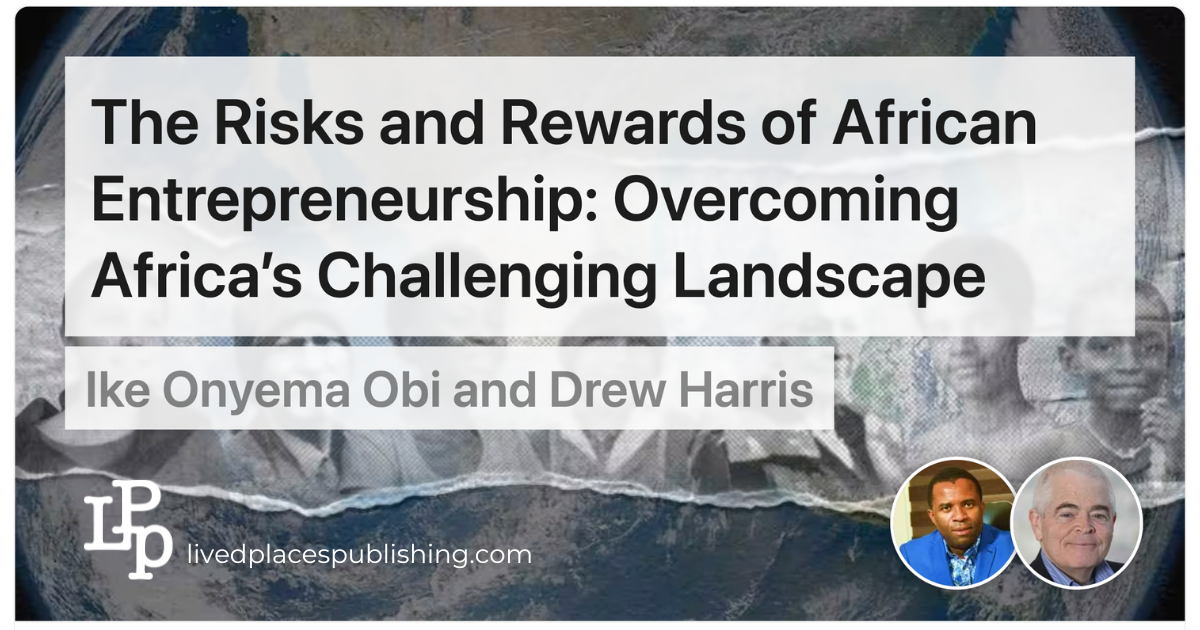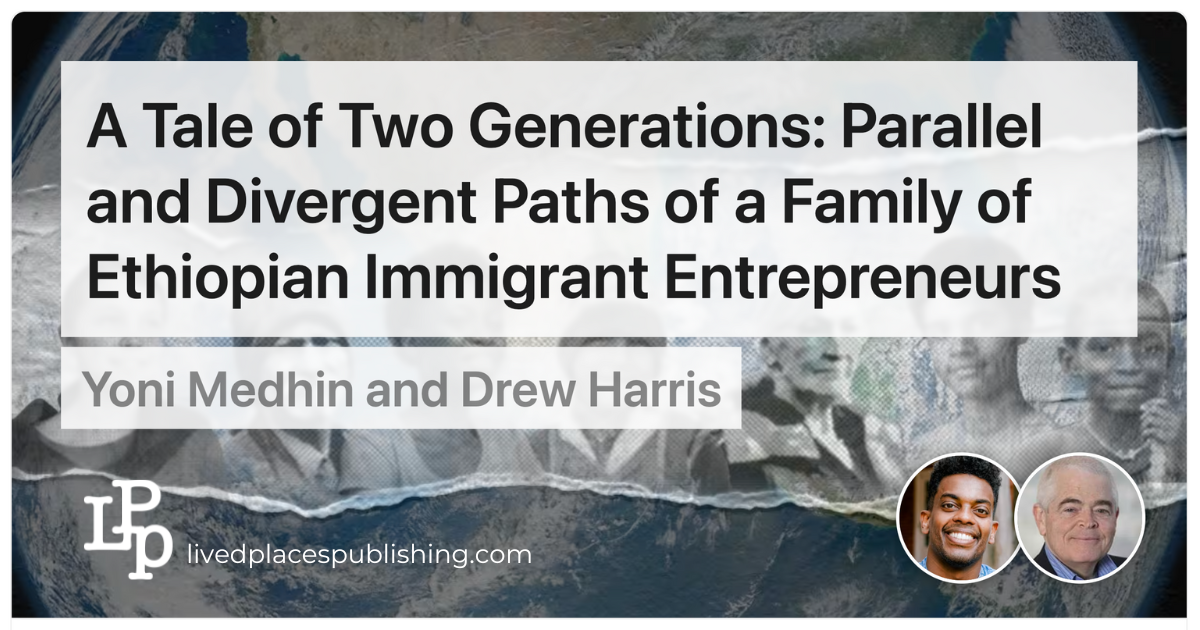The Risks and Rewards of African Entrepreneurship: Overcoming Africa’s Challenging Landscape
This free seminar features LPP author Ike Onyema Obi, a Nigerian entrepreneur whose path to business success reflects the challenges many emergent entrepreneurs face. He has mastered being resilient and agile in an African context – taking risks and seizing opportunities, filling knowledge voids by learning persistently, and shaping his networks to help grow his businesses.



